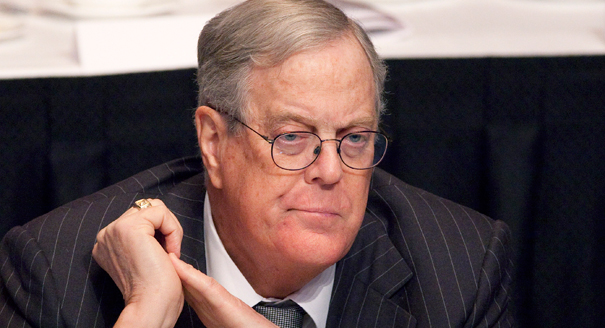Americans are used to cynical political maneuvering. We have military hawks actually running as small-government conservatives. And defenders of our failed educational system running as anti-poverty liberals. We have come to simply expect that Republicans and Democrats will abandon their publicly-held principles if it means gaining a significant political advantage.
And it is most obvious when it comes to their approach to abortion.
In my new book I name this the (George) “Costanza Strategy.” Many of you will be familiar with the popular TV show Seinfeld which dominated American situation comedy ratings during the 1990s. In one of the most hilarious episodes in the series, George Costanza decides to do the opposite of every instinct he’s ever had–and it works out quite well for him. Abortion is the classic issue where each of the parties (especially on the national level) say they stand for the opposite of their natural political instincts and philosophies. Republicans claim that they will use a massive federal government to override the private choices of individuals in the name of protecting vulnerable prenatal children from violence and giving them equal protection of the law. Democrats claim they stand for intrusive government staying out of the lives of individuals and prioritizing the choice and autonomy of the individual over-and-against justice-claims for a marginalized group.
Just as it did for George, this strategy has worked out quite well for Democrats and Republicans. As Juan Williams has pointed out, both parties benefit from keeping our abortion discourse locked in failure. Indeed, this means they can continue to use the issue to raise money and voter support–especially around election time.
But as I point out in the book, there are good reasons to think that the Costanza Strategy is not long for this world. New media (social and otherwise) subjects inconsistency to a kind of scrutiny which didn’t exist in previous generations. Indeed, Millennials have got an fairly intimate view of the incoherency and cynical political opportunism of the parties–and half now refuse to identify as either Democrat or Republican. But another reason is the rise of libertarianism–and especially libertarians who are willing to hold the GOP’s feet to the fire when it claims to stand for limited government.
Enter David Koch. One of the biggest influences on the GOP came out with a big reveal this week: touting his support of abortion rights. Indeed, he thinks his pro-choice position flows quite naturally from his conservative position on government. “Well, I’m basically a libertarian,” Koch said. “I’m a conservative on economic matters, and I’m a social liberal.”
But maybe Koch is some kind of outlier. A weird aberration from the extreme “I’m not a witch” side of the GOP, perhaps?
Hardly. Romney basically ignored the abortion during the 2012 election, making him effectively a pro-choice candidate. CNN’s Republican analyst Alex Castellanos, in a 2012 election post-mortem, chided his fellow conservatives for foolishly embracing big government on “social issues.” In his post-election analysis John McCain said that conservatives should leave abortion alone. And GOP groups are listening: the Republican party of Nevada, for instance, recently dropped pro-life language from their platform.
But as our cynical and dysfunctional political system and categories continue to produce unprecedented polarization, a counter-movement is forming. Record numbers overall (not just Millennials) now identify as independent. Groups like No Labels and Third Way are rushing in to fill the void of support for the two major parties. Indeed, without the big money of people like David Koch to keep the 1970s political model on life-support, it may have already come to a natural end. At any rate, it is not long for this world.
What does this mean for abortion politics? The Public Religion Research Institute did a very interesting poll in 2011 which found that about 7 in 10 of Americans say the term “pro-choice” describes them somewhat or very well, and about 2/3 simultaneously say the term “pro-life” describes them somewhat or very well. This overlapping identity was found in virtually every demographic group.
The idea that abortion politics somehow fits with the lazy and inadequate either/or binary of our national politics does a terrible injustice to the complexity, not only of the issue itself, but what people actually believe. While Americans generally want abortion far more restricted than it is now, only a tiny percentage want it banned altogether. Americans are complicated on abortion in ways that our current politics finds impossible to express. Perhaps we should not be surprised, then, when Gallup finds that 27% of Democrats are pro-life and even 44% claimed that abortion should be legal in “few or no circumstances.” This while 28% of Republicans describe themselves a pro-choice with 63% claiming that abortion should remain legal.
It is a mistake to look at the future of abortion politics through a binary lens of liberal/conservative, choice/life, Democrat/Republican. Future debates—and, importantly, future cooperations—will transcend the outdated 1970s model. And we could have had no better signal of this future than in the reaction to Peggy Young’s suit against UPS for pregnancy discrimination. Her strongest supporters? Pro-life and pro-choice activists who both want to create socially justice conditions such that women are able to choose to keep their children.



